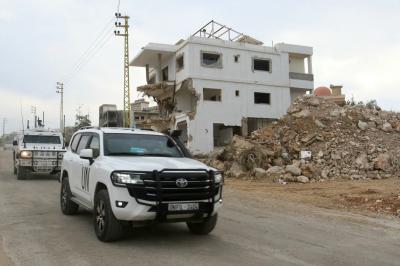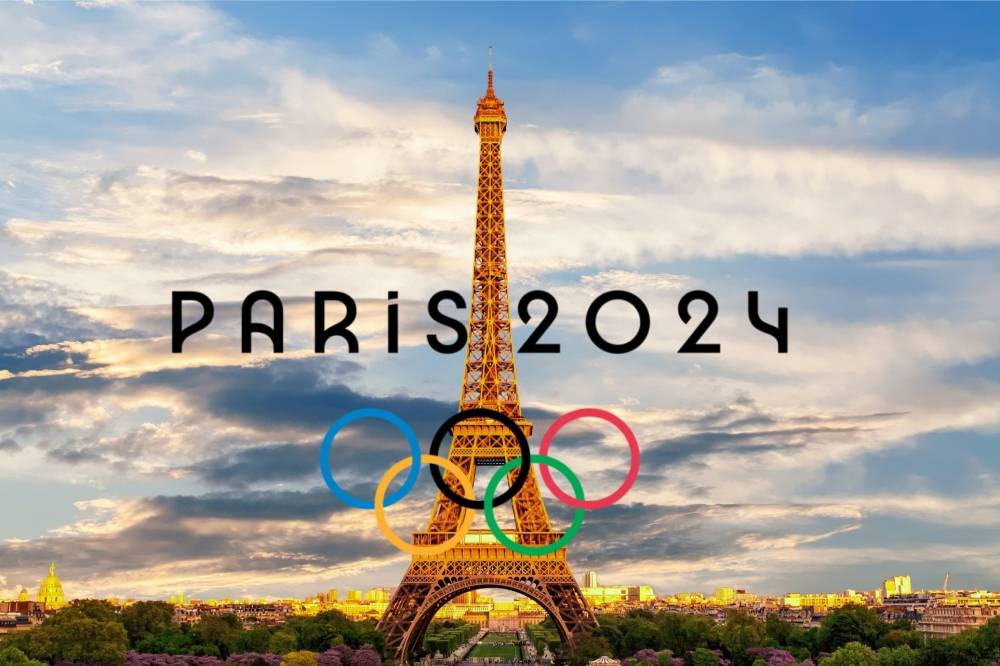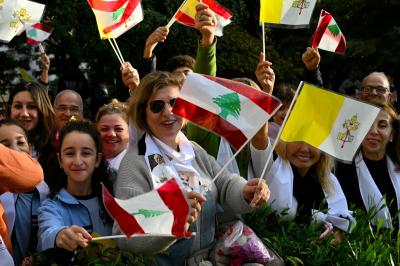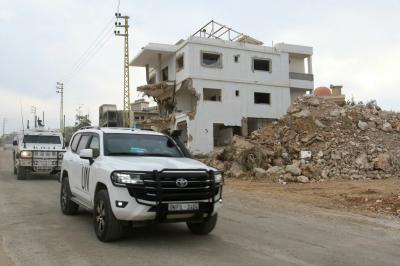A 16-year-old was arrested in Marignier, in the French Alps. The arrest took place on April 22. The young man was planning a terrorist act during the 2024 Paris Olympics, likely targeting the business district of La Défense. In messages on Telegram, the minor expressed his desire to acquire materials to make an explosive belt, "to die as a martyr in the name of the Islamic Caliphate." What struck the French public opinion is the youth of this "apprentice terrorist." How can someone be so young and yet so radicalized to the point of committing a mass atrocity? With the Olympic Games in Paris approaching in less than three months, French security forces are highly mobilized. Some contingents of European soldiers might also reinforce the overall security framework. "The concerns are at least twofold: terrorist acts but also cyber-attacks on the IT systems of the Olympics," a French specialist on these issues indicated. Global-scale sporting events can be targets for mass terrorist acts, instantly gaining worldwide media attention. In the past, young terrorists had already targeted a sporting event: the Boston Marathon bombing on April 15, 2013, killed several people. The perpetrators, two Chechen-origin brothers, Djokhar and Tamerlan Tsarnaev, under 30, had stunned the entire world. The homemade nature of the attack and its methods were highlighted by investigators.
Thibault de Montbrial, a lawyer and President of the Center for Internal Security Reflection (CRSI) in France, is one of the leading experts on these issues. He is struck by the "ultra-violence" of young people in France, whether radicalized or not. In a lengthy interview with Valeurs Actuelles magazine, he details his fears and the denial, according to him, of the French government: "The great unspoken by Gabriel Attal (*), is the responsibility of the cultural consequences of immigration on this explosion of violence," Thibault de Montbrial denounced, noting that "the majority of these violences are tribal," and "stem from a refusal by part of the population to let their sister or girlfriend behave or speak in ways that are normal in the Republic." New rules, feeding into a new software, are taking root in French neighborhoods where illegal immigration, drug trafficking, or Islamist radicalization overshadow republican values. It is as if a "parallel society" has been built in the shadow of the French Republic. How, then, to restore the great societal balances?
Prevention or repression? France hesitates. Is the launch of "boarding schools" on a voluntary basis for often school-dropping youths up to the challenge of the wildness taking over part of French society?
Please post your comments on:
[email protected]
 Politics
Politics














